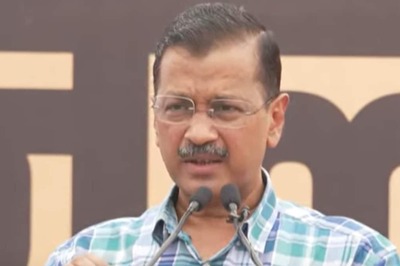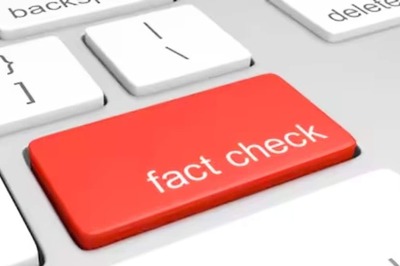
views
In 2009 the agitation for a separate state of Telangana had gathered momentum once again. Among the main demands was jobs.
People of Telangana origin did not want to compete with Coastal Andhraites for government jobs. Once Telangana became a reality in 2014 one of the main issues was how to provide employment beyond the narrow pool of government jobs. The Telangana government’s solution was to attract industry in order to create jobs and increase tax revenues.
Both states started implementing reform measures proposed by the World Bank and the Department of Industrial Policy and Promotion aggressively. The measures included tax, environmental and labour reforms, single-window online clearance and setting up of commercial courts.
The centrepiece reform was the establishment of a single online window for cutting red tape.
The Telangana State Industrial Project Approval and Self Certification System (TS-iPASS) is an online portal for granting clearances based on self-certification by entrepreneurs. The TS-iPASS Act passed in 2014 provides the legal backing.
The equivalent in Andhra Pradesh is the Single Desk Portal.
According to the new system, if the government doesn’t respond to an entrepreneur’s proposal in 15 days (Telangana) or 21 days (AP) it is “deemed” as accepted.
A top Andhra Pradesh government official told News18 that in the last 1.5 years the state has cleared 11,000 proposals.
“The state is currently tracking 357 projects worth Rs 4.5 lakh crore with a potential to generate 7 lakh jobs,” the official claimed requesting he be not named since he is not authorised to talk to media. Also Read: Andhra, Telangana Dislodge Gujarat to Top Ease of Doing Business Rankings
Among the reforms Andhra Pradesh has initiated are tax and power subsidies – VAT reimbursement, power at Rs 1 per unit – a digitised database of land, doing away with inspection systems and commercial courts for settling disputes.
For instance, earlier an industrial proposal needed to get as many as 54 clearances from 15 departments. The entire process would take 3 months or more. The whole process will now be over online in 21 days.
However, a government official from Andhra Pradesh explained that this was a long-term goal, something that would take 5-7 years. In the short run the state would be “revenue neutral”, which in fact may mean that the exchequer may bleed money via subsidies and incentives to industry.
The AP government is focusing on attracting the auto, biotech, defence, Information Technology and food processing industries. The Telangana administration is targeting the IT, life sciences, automobiles, textiles, and precision engineering.
Narsimha Reddy, an activist who has studied industry in Andhra Pradesh for the past 15 years, says that both states may be confusing ease of doing business with subsidies.
“The World Bank rationale is to reduce the cost of regulation on businesses, but the states may be confusing this remit by providing subsidies to industry in the form of land, power and loans,” he said.
Land for industry may be the biggest hurdle for both states. Although there is a lot of barren land in both states, the problem is not land, but location.




















Comments
0 comment